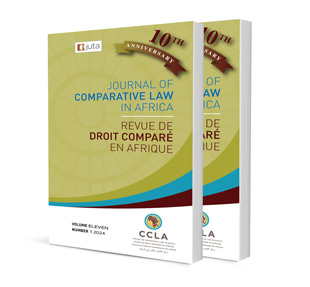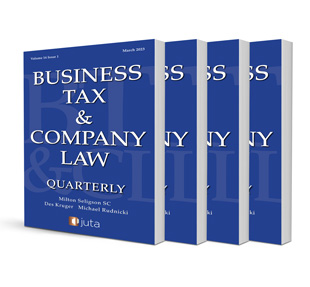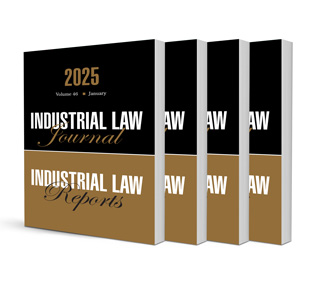Abstract
This article explores the principal tax themes emanating from a new fund structure in the Private Equity industry referred to as a Continuation Fund. A Private Equity fund in South Africa is established in the form of a common law partnership, more specifically an en commandite partnership, meaning a distinction between so-called limited partners (limited in liability to their partnership contribution) and general partners (unlimited in terms of their liability to third parties, but share in profits disproportionate to their capital contribution).
Given the life expectancy of a PE Fund (typically a maximum of 10 years), the disposal of portfolio assets may be premature upon termination, given their inherent future value and poor market conditions. An appropriate investment remedy for investors wishing to further exploit the intrinsic value of PE portfolios is the establishment of a Continuation Fund.
Simplistically, the Continuation Fund is a new partnership whereby partners of the existing fund contribute their interests from the old fund. Issues such as the term of the fund, establishing which partners are limited and general, and fees, are key aspects that required consideration.
In South Africa, a partnership under common law is not a legal person distinct from the partners, nor is a partnership a taxable person.
An important consideration relating to partners exiting partnerships is the theory that partners co-own, in an abstract sense, undivided shares in the underlying assets. Accordingly, a partner does not own a piece of the land or a portion of the shares in the object sense, but rather jointly owns an indefinite whole until action is taken to divide the common asset. So when a partnership dissolves, the partner’s interest becomes a divided interest in the assets. For tax purposes, a partnership interest includes an undivided share in the assets of the partnership.
A ‘disposal’ for Capital Gains Tax purposes is defined in paragraph 11 of the Eighth Schedule to the Income Tax Act 58 of 1962 (the Act), and includes ‘any event, act, forbearance or operation of law which results in the creation, variation, transfer, or extinction of an asset’ (my emphasis).
In terms of the common law, partners entering and leaving the partnership results in the extinction of the old partnership and the creation of a new partnership.
For tax purposes, the disposal of an interest in the underlying assets, will result in a disposal subject to CGT.
In the context of a re-investment in a Continuation Fund, it is submitted that the disposal must have resulted in a parting with the asset, in whole or in part. On dissolution of the old fund, the fund’s assets are distributed in accordance with the respective partners’ contractual interest, established upfront. An abstract interest in the assets is replaced with actual ownership of not parted with anything nor gained anything. A limited partner in the old fund which contributes its shares to the Continuation Fund, as a general partner, will not give up value on the date of entry to the new partnership. This is because the value of the contribution equals the value of the shares distributed from the old fund. A reconstitution of partner rights to profits does not result in the giving up of anything on the date of the contribution. The sharing of profits from that point on determines the profit allocation.
Accordingly, a disposal for CGT purpose should not arise upon entry in the Continuation Fund.



